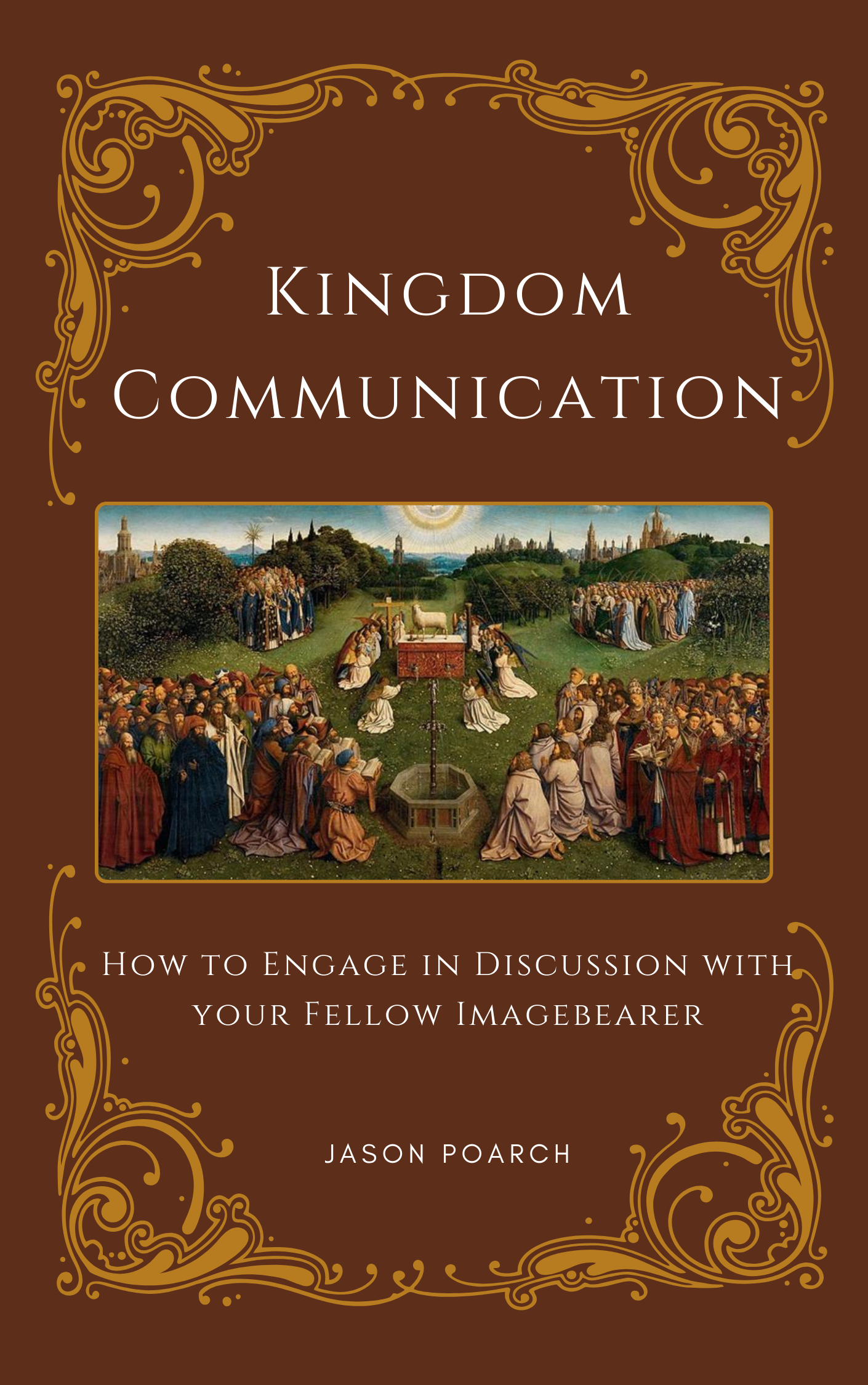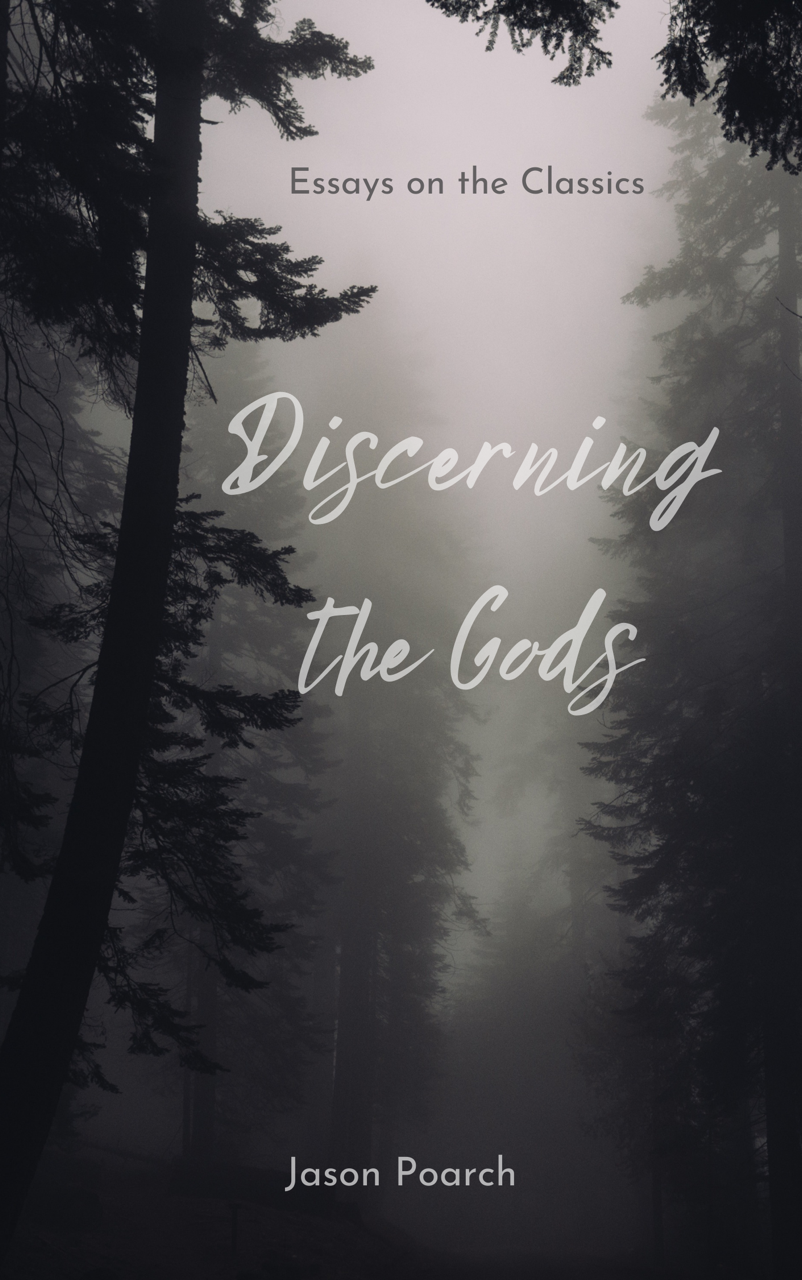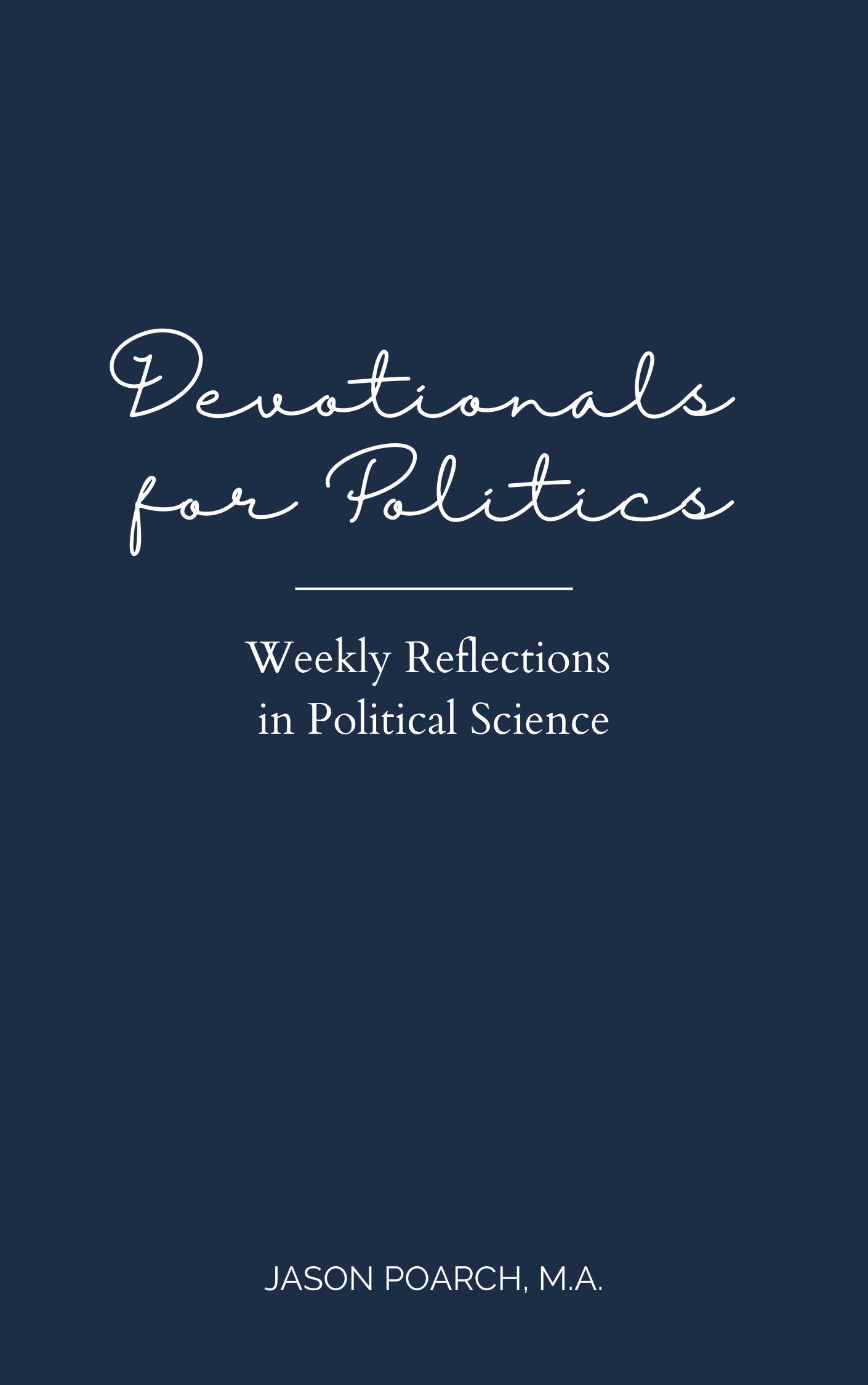
Re-Thinking Classical Education
Philosophy of Classical Education
We are all about Classical education and Christian thought in any area. Education is discipleship and entails telling, asking, and coaching. Furthermore, liberal education adds its own historical, philosophical, and theological dimensions. All knowledge is integrated. Whether this means that Math, Science, Literature, and History are vertically and horizontally aligned or that every subject studied in college is related to another, it is crucial that knowledge is understood in the context of a unified cosmos and worldview. This means that Math is a loci of theology, and Science is fully misunderstood if it is not learned in the context of history and philosophy. Everything we do is infused with the Transcendentals.
All Staff Training
Classical Education Consulting provides training for all parties involved. There should be no one left out, including art, music, PE, admin, board, and nurses.
Practical Training
Tailored Consulting
Classically-informed Seminars
Trainings Offered
We offer many different modes for training, including the following:
Monthly Calls
Full Day Trainings
Week-long Seminars and Consulting
We can conduct training with any audience, including the following:
Teacher Coaching and Evaluation
Administrative Coaching and Consulting
All-Staff and Board Training
Parental Understanding of CE
Student Seminars
We can conduct training on the following topics:
Socratic Circles and Seminar Discussions
Classroom Management
Parent Communication
Grammar School v. Upper School Administration
Charter Companies v. Private Schools
SIS and Enrollment Platforms
Graduation Planning
Effective Administration
How to Build a School/Organization Ground Up
Building School Culture
Building Strong Academic Programs
School Reports, Special Ed, and other metrics
Sample Books on Classical Education by the Founder
Classical Education Seminars Offered
Education is telling, asking, and coaching, thus we train in the following ways:
Lectures
Discussions
Assignments
We can conduct training with any audience, including the following:
K12 Students
Administration
Board members
New Teachers with little to no CE background
Seasoned Teachers with multiple degrees in CE
Parents and Grandparents with or without CE
We can teach on the following Classical Thinkers/Books/Topics:
The Bible
Plato
Aristotle
Augustine
Aquinas
Machiavelli
Locke
American Founders
Marx/Engels
C.S. Lewis
Christian Worldview
Nietzsche
Sample Videos on Classical Education
What Is Classical Education?
Classical education is prolonged exposure to the Good, True, and Beautiful, or what I prefer, the Great books and Great art. What is the Good? The Good is indicative of the summum bonum but also ethics (good and evil). What is the True? Besides truth and falsity, it is that which orients as a compass or the North star. What is the Beautiful? It is, as Aquinas argues, that which pleases upon being seen. Jonathan Edwards furthermore argues that it is the nature of true virtue. The Great books are the canon of Western civilization handed down through the ages and writing that has stood the test of time. Obviously, classical education can be found in non-written items such as fine art (from Italy, etc) and music (Mozart, etc.). In order to cultivate this more, it will be important to comment on method, the Liberal Arts, prior background, basic classical resources, and general school outcomes.
Classical education is taught through telling, asking, and coaching. Telling is largely lecturing. Lecturing is dynamic, one-directional pedagogy and andragogy. This tends to be the way most knowledge is conveyed, though classical education is incomplete with only this method. The method tends to entail the written essay, taught and cultivated to the dissertation level. Asking is discussion, seminar, question and answer, call and response. Discussion and seminar are crucial multi-directional methods of communicating and learning for both children and adults. There is an art of asking questions to cultivate insight, memory, and knowledge. This is also a form of learning how to speak and listen, as Mortimer Adler so aptly argues. Coaching is the application part of the learning method. Tell Sophia how to ride the bicycle, engage in discussion with her over her questions, and now it’s time to ride the bike. Coaching is most often in the form of homework and assignments, but the best coaching entails life-on-life mentoring.
The Trivium is typically used for forming classical education in schools. The trivium is grammar, logic, and rhetoric, taken primarily from the medieval times and cultivated through Dorothy Sayers’ Lost Tools of Learning. Grammar turns into grammar school (elementary). Logic turns into logic school (middle). Rhetoric turns into rhetoric school (high). Besides the regular form of grade level development, the trivium, representing the “letter” arts of the Liberal Arts, is typically understood as the development of the child through the normal stages of knowledge acquisition (memorizing, singing, reciting), understanding (reasoning, questioning, debating), and wisdom (maturation, crafting, self-governing). Stated differently, grammar gives blocks, logic teaches how to arrange those blocks, and rhetoric shows how to craft beautiful buildings out of those blocks. Everything aims at the transcendentals, wisdom, and the Good life.
The Quadrivium are normally the “numerical” arts worked in along the way. These are the other four Liberal Arts. Given that the Liberals Arts are designed to set the individual free, learning Arithmetic, Geometry, Music, and Astronomy play a crucial role in classical education. Many times classical education revolves only around the humanities or the trivium, leaving out the math and sciences. However, as mentioned above, when classical education is done well, it is very difficult to separate the trivium from the quadrivium, or math and science from literature and history. When reality is taught or discovered, it is complex and full of all kinds of knowledge, nature, and humanity. That being said, the trivium typically forms the broader structures in education (the stages), and the quadrivium inform along the way (through subjects).
It must be stated that I attended St. John’s Graduate Institute. This is a college that does not believe in the value of lectures (except for formal events) and only believes in the value of the Socratic seminar and original source texts (for classes). There are no departments (History, Philosophy, English, etc). Why? Knowledge is fully integrated in the Classics and Liberal Arts. It is very difficult to place a Great book in a knowledge category, as they all (including Euclid and Darwin) comment on human nature and the human experience. I have also been honored to attend the University of Dallas and complete doctoral work there. This is a private, Catholic university that has a core classical canon and is extremely strong in classical writing at all levels. Pairing that with their emphasis on the American Founding, I have some very high standards for classical education.
Another area that should be covered in understanding classical education is some of the important texts on classical education. First, Plato’s Republic is a must read for anyone in classical education. Aristotle’s Nicomachean Ethics is next. Then, I would move to Rouseau’s Emile for a commentary of how to raise a child from zero to twenty-five, fully preparing them for marriage and entrance into society (not agreeing with Rousseau, but seeing this work as distinct in the canon for that outcome). Of course, C.S. Lewis’ Abolition of Man is strong for modern education and teaching virtue, but I would rather submit a few other shorter works. Boethius presents wisdom in The Consolation of Philosophy. Machiavelli shows the importance of the ancients in his Prince. Finally, Nietzsche argues like Socrates in Anti-Education. Perhaps throw in Neil Postman’s Amusing Ourselves to Death or any other more modern book on the role of technology and education. These books will begin to identify the most important questions for education and classical education.
There are many more accessible “modern” books on classical education that have been alluded to already. I have already mentioned Dorothy Sayers, but the anthology that must be noted is The Great Tradition by Richard Gamble. It is second to none in what authors it covers and what topics are cultivated. Finally, I would mention Mortimer Adler’s The Paideia Proposal. It is helpful in garnering the structure sought in public education.
Whether it is “American Classical” education, Latin schools, classical academies, or Christian Classical private education, the outcomes are broadly aimed at the same things. There will be differences in curriculum and methodology, background and emphasis in faculty members, and perhaps the timing of the sections (50 minutes, etc), but they all will be claiming to aim at the Good, True, and Beautiful. Some will emphasize foreign language, others the Bible, still others philosophy or statesmanship. I rarely encounter the same definition of “classical,” but I always hear the same descriptions. This is very important for accounting for the “kind” of school(s) one desires, as I would argue there will actually be very different outcomes.
A final note should be stated on history and its role in classical education. Some classical schools emphasize history and the scope of Western civilization as the main backbone to classical education. This is typically done through the training in Greece and Rome, Greek and Latin. While I would certainly tip my hat to the five cities of Western civilization (Jerusalem, Athens, Rome, London, Philadelphia), most of what I have encountered in the classical canon is not neatly outlined through a modern “historical” approach. When a reader/learner/student encounters the great historical texts (Thucydides, Livy, the Bible, Augustine, even Churchill, etc.), they do not merely encounter history. Even the history of the Founding is an exercise in understanding human nature. If history in these schools is defined this way, then good, but it begins to assume philosophy and politics and literature into the discipline of history. Those other disciplines would disagree with that assumption. I would also disagree, and ask why this last paragraph is sort of an afterthought to my description of what is classical education.






